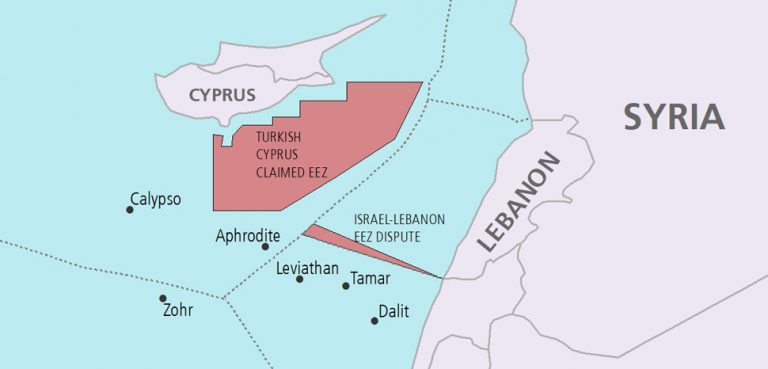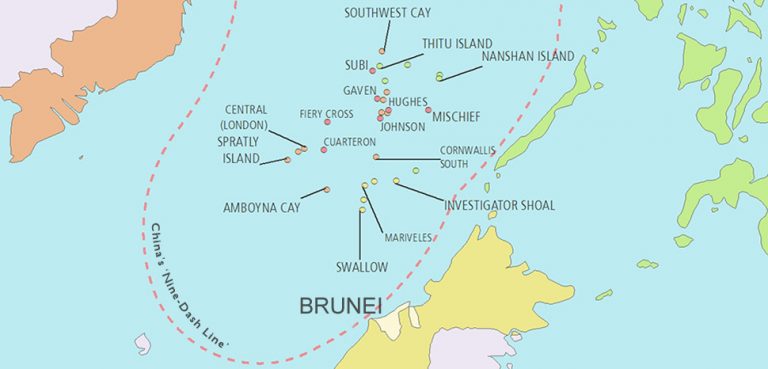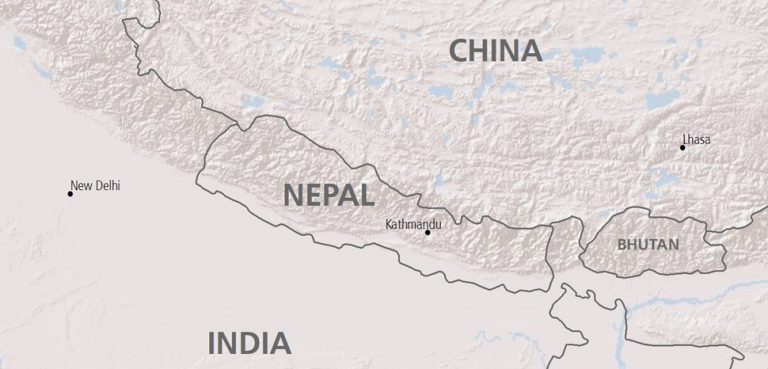
Summary
As a large and populated country with a fast-growing economy, Ethiopia plays an important role in the geopolitics of the Horn of Africa. Two recent moves clearly signal its willingness to further increase its regional influence: first, the unprecedented offer to accept a negotiated settlement on the longstanding dispute with neighboring Eritrea; second, its declared intention to develop a Navy in spite of its status as a landlocked state. Taken together, this newly assertive foreign policy will not be an easy path, because Ethiopia’s ambitions will be tempered by domestic challenges and the difficult neighborhood it finds itself in.
Background
Ethiopia is navigating a delicate moment. Its economy is growing fast, with a projected growth rate of 8.5% this year, one of the best in Africa. It is gradually opening its markets and reforming its governance system to attract foreign investments and build new infrastructure. Yet the country Is still held back by enormous social problems. Millions remain trapped in poverty, and revenue inequality is stark. Moreover, its society is fragmented into numerous ethnic groups, and the relations between them are often strained due to an inequal distribution of wealth and political power. Finally, Ethiopia is very exposed to the deleterious effects of climate change, and this will have serious negative impacts on the country’s food security, employment, and its sanitary situation. This combination of destabilizing factors was explored further in one of my previous articles: Ethiopia, a Geopolitical Time Bomb in the Making.



